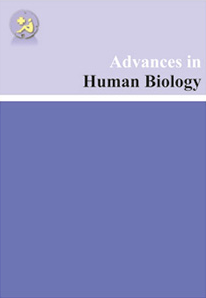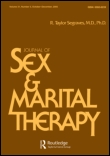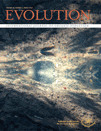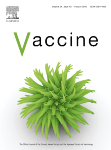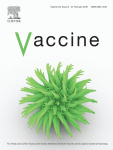
The New England Journal of Medicine added a disclaimer to a recent article about the effects of funding cuts to Planned Parenthood, after a request from the Texas Health and Human Services Commission, saying it wanted to distance itself from the paper.
Since the paper was published in February, one author has stepped down from his position at HHSC after facing disciplinary action.
The article suggested that birth rates among a group of lower-income women increased after the state cut down on support for Planned Parenthood. It drew a significant amount of media attention — and concern from the HHSC, which asked the journal to add a disclaimer to the article soon after publication. The journal complied, but embargoed the announcement of the change until 5 p.m. eastern time today.
Here’s the disclaimer that NEJM added to the article:
Continue reading Upon request, NEJM added note to help Texas distance itself from Planned Parenthood article


